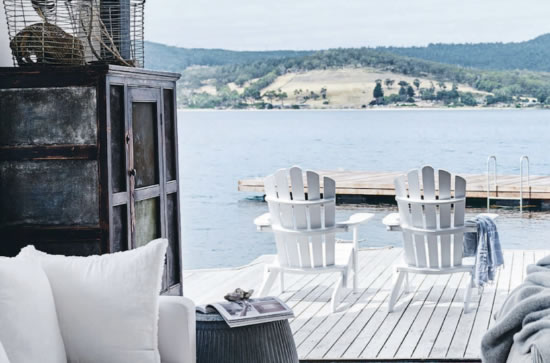Showing off luxe stuff is an undeniable aspect of western culture – but when it comes to making sound investments there are some things that Business Insider Australia tells us – having spoken to a bunch of financial whizzes – we should exclude from our budget!
12 common expensive things that aren’t worth your money:
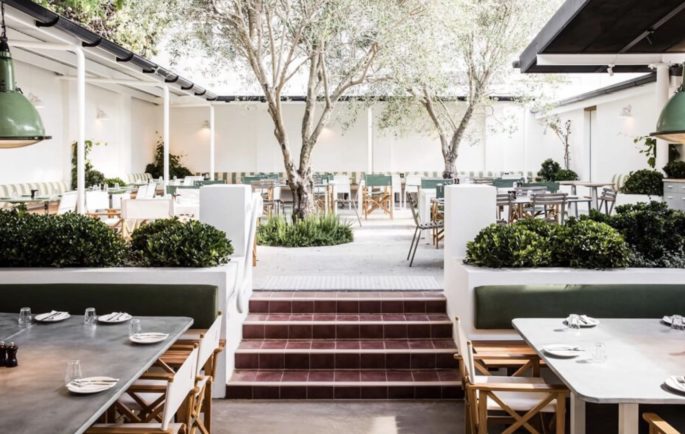
Totti’s Restaurant, Merivale’s latest eatery and bar, Bondi, NSW. Image via www.merivale.com
HEAVY FURNITURE
People tend to spend a lot of money on huge, heavy, expensive furniture to fit their perfect vision of a perfect home. But for millenials who move frequently or change tastes, it is not the best investment to buy large pieces of furniture like pricey sofas that have to be fork lifted in and out of your house. You don’t want to be stuck with pieces you have to sell for a fraction of the purchase price.
NAME BRAND EVERYTHING
Making an investment on designer shoes or sofas can be worth the money if you use them daily. However buying an entire interior or wardrobe of luxury logos is not worth the investment. Mixing and matching pricepoints and only investing in a few designer staples you can use or wear often is far more savvy.
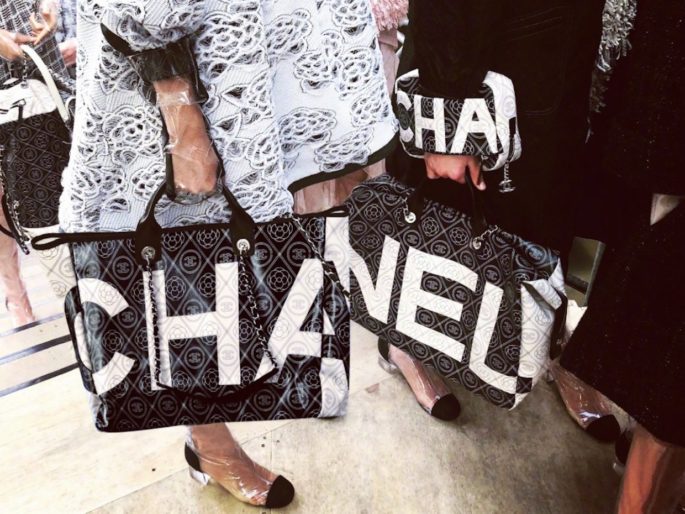
Don’t be a snob. Remember that quality doesn’t always mean big names. Chanel SS18 Runway Show. Image via Chanel/WeChat
A DOZEN ROSES ON VALENTINE’S DAY
On average, a dozen roses will cost more than $150, box and all. For the upcoming holiday, perhaps you can show your love in more meaningful ways…. Like cooking a meal or spending the day exploring something new and fun with different ways to show your affection.
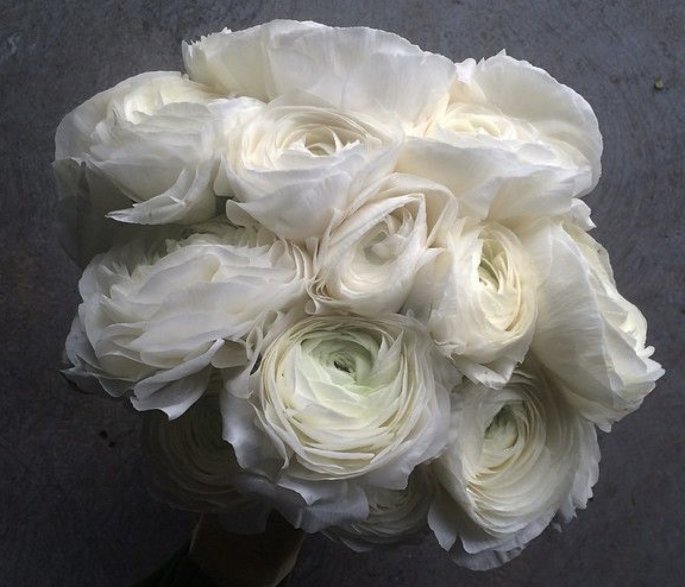
Roses are beautiful but this Valentine’s Day perhaps you can look for more imaginative, affordable ways to show your love. Image via My Violet Florist, @myvioleta
OVER-PRICED DINNERS
Luxurious group outings to over-the-top restaurants can easily be enjoyed for less money. Try lower, local-priced options that give you a great experience that won’t hurt your wallet…or even better, make it at home. Try Merivale’s new, affordable eatery @tottisbondi

Instead of expensive group outings to over-the-top restaurants, try making something at home like Donna Hay’s vongole pasta. Image by William Meppem.
UNLIMITED DATA PLANS
They look attractive on the outside, with the lure of saving, but the average person’s mobile data usage is 10 GB per month. People should stop paying for data they don’t use. One key thing to remember is that unlimited days doesn’t mean unlimited LTE or 4G data – major carriers proved between 22 and 50 GB of high-speed data before reducing speeds. This money could be allocated elsewhere in your budget.
GOURMET COFFEE
While many people prefer high-end coffee, it can be a spending trap. Grabbing a takeaway once a day, for example, could cost $3.50 to $5 a latte, which could cost you hundreds a month, and thousands a year. You can make it yourself at home for much less.
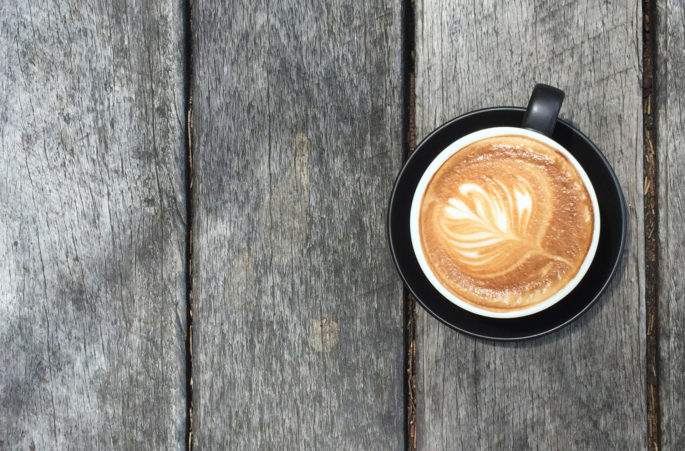
Grabbing a takeaway latte once a day, can cost thousands a year. Why not try making it yourself at home for much less? Image via ThePassCafe.com.au
CABLE TV PLANS
Netflix and save? Most millenials are not purchasing large cable packages like their parents. More and more people are ditching the dish, and sticking to streaming because they don’t want to pay for hundreds of channels when they only watch a few. Opt for a live streaming service.
NEW SMARTPHONES
Before running to the nearest Apple store, take a step back and consider the necessity of an upgrade. You could pay a lot for the iPhone 7 or you could pay double for the iPhone X. The only differences between the two are the iPhone X can charge wirelessly and unlock your phone with your face. Could you live without those features? Could you find a better use for your money? Absolutely!
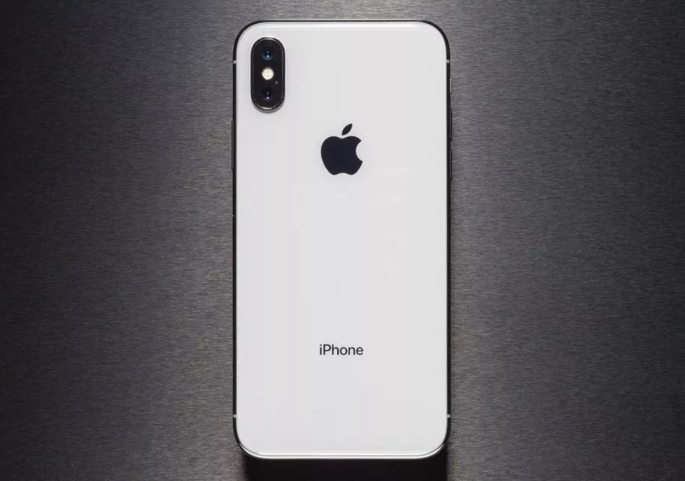
6.5-inch iPhone X aka the ‘iPhone XS Max. Image via TheVerge.com
SELF-CHARGING ROBOT VACUUMS
Though self-charging and cleaning vacuums are popular in millennial households, they are costly and tend to leave spots. Plus, they have little resale value if you decide you don’t want an automated machine wandering around your house. A traditional vacuum is a more cost-efficient option.
‘RARE’ JEWELLERY
It’s easy to think of jewellery as a good investment – and it certainly can be when you have natural diamonds, emeralds and other precious gems. However, your jewellery might not be as inherently valuable as you think it is.
When you are looking at buying valuable stones, make sure you do your research.
Jewellers might use lab-grown diamonds with no resale value as they’re not precious or rare. They won’t receive a meaningful appraisal which means as soon as you leave the store the value will start to decrease. Natural diamonds will retain their value over time because of their rarity. Given the option, go for the real thing every single time.
NICE WATCHES
While many see a shiny, new big-brand watch as a status symbol, it is not a necessity. Smart watches have changed the game, so you don’t necessarily need a Rolex to show your ‘status’ anymore. More and more well-heeled types are choosing to wear less expensive, good-looking watches that don’t scream ‘heaps of money’.

